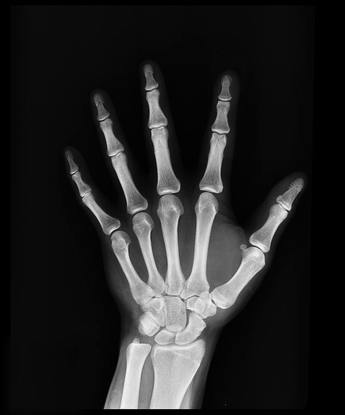 Let’s Talk Bones Bone is a living, growing tissue, composed mainly of a protein called collagen, which allows our bones to be flexible. In addition to collagen, calcium phosphate, a mineral, provides the bones with strength and stability. This is important since our bones provide structural support for our bodies. Our bones protect many of our vital organs such as the heart, liver, lungs, brain and spinal cord. They also play an important role in the regulation of calcium and blood sugar. Throughout our life, our bones are continuously being broken down and rebuilt. As we age more bone is broken down than is replaced, making it important to build and maintain strong bones early in life. Facts on Osteoporosis: The Most Common Bone Disease
Risk Factors Poor diet, sedentary lifestyle, low body weight, smoking, overconsumption of alcohol, certain medications, advanced age, being female, ethnicity (Caucasian and Asian women are at higher risk) and family history. Other health conditions that can increase your risk of osteoporosis include asthma/allergies, cancer, Cushing’s disease, diabetes, hyperparathyroidism, hyperthyroidism, inflammatory bowel disease, lactose intolerance, lupus, liver or kidney disease, lung disease, multiple sclerosis and rheumatoid arthritis.
0 Comments
Leave a Reply. |
SD BlogA place for our consultant Registered Dietitian Nutritionists (RDNs) to share nutrition science, yummy and healthy recipes, tips on seasonal ingredients, and other nutritional musings. Enjoy! Categories
All
Archives
May 2024
|

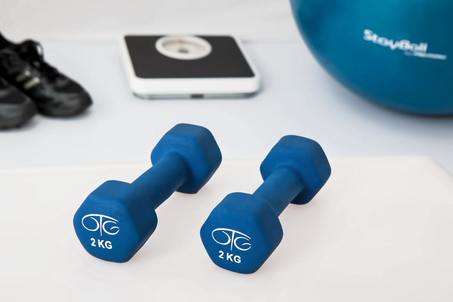
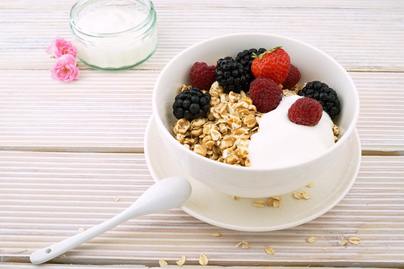
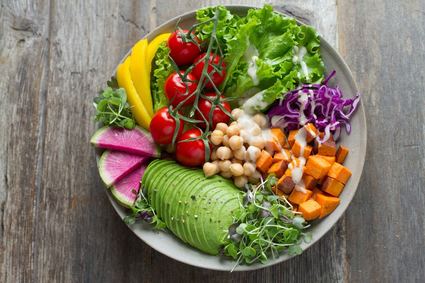

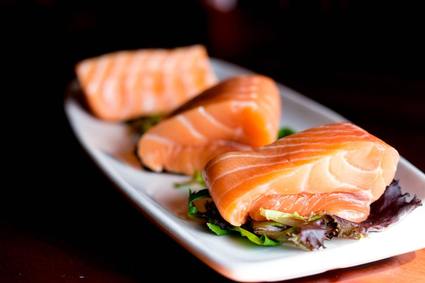

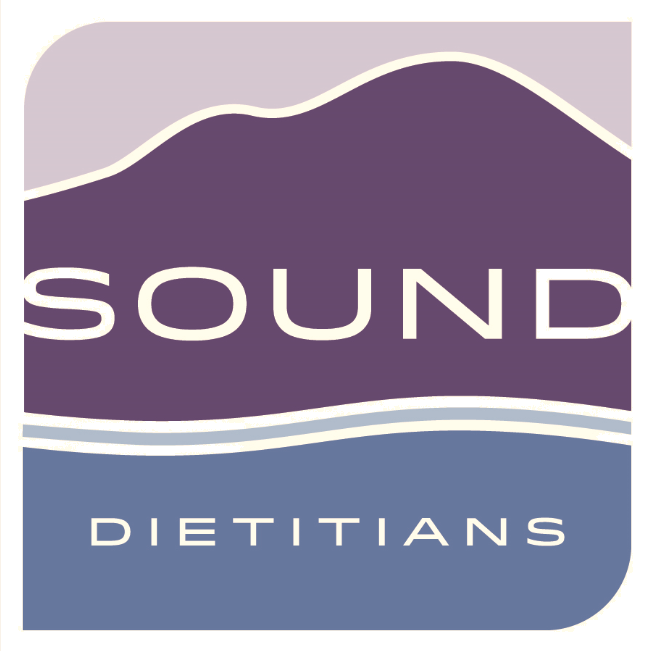
 RSS Feed
RSS Feed